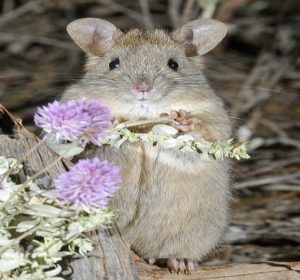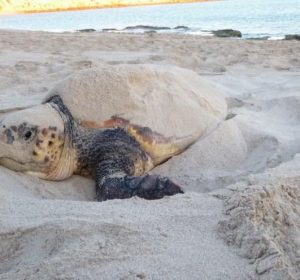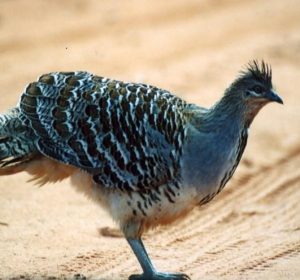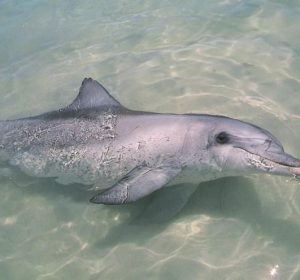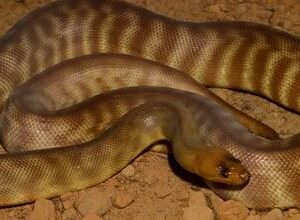World Heritage
Shark Bay World Heritage
World Heritage
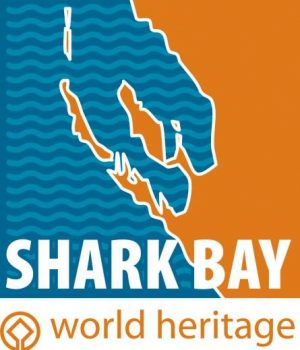
World Heritage sites are of outstanding universal value and meet at least one out of ten selection criteria. Shark Bay was inscribed on the World Heritage list in 1991 because it meets four World Heritage criteria relating to natural values—ecosystems representing evolutionary history; on-going ecological and biological processes; exceptional natural beauty; and wildlife refuges.
Evolutionary history
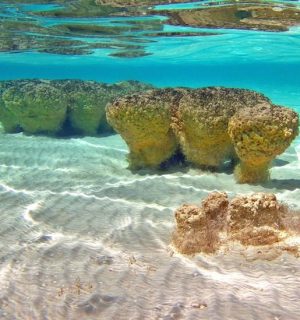
Shark Bay is a window in time with outstanding examples of life representing the major stages of Earth’s evolutionary history. Hamelin Pool has the most diverse and abundant examples of stromatolites, which are made up of bacteria and cyanobacteria. Similar ecosystems dominated Earth for 3000 million years and stromatolites are regarded as living fossils.
Ongoing processes
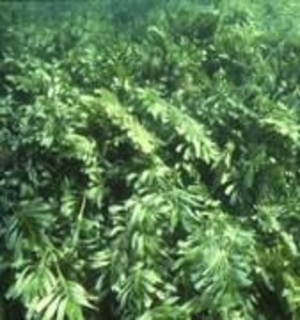
A mixture of life found nowhere else continues to evolve in Shark Bay. Seagrass banks create hypersaline environments by restricting water flow in an arid environment; and shape marine geology, chemistry and biology. Terrestrial ecosystems are strongly influenced by Shark Bay’s position where tropical and temperate climates meet.
Exceptional natural beauty
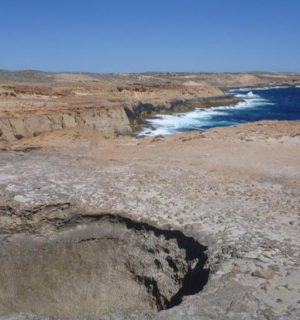
Shark Bay’s marine and terrestrial ecosystems are renowned for the abundance of life in them and for their natural beauty. The arid landscapes, peninsulas, islands and bays create a diversity of landscapes with exceptional coastal scenery from the Zuytdorp Cliffs and Dirk Hartog Island, to Heirisson and Bellefin prongs, and Peron and Nanga peninsulas.
Wildlife refuges
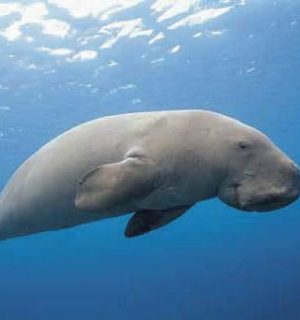
Shark Bay is home to many species that are endangered, vulnerable or conservation dependent. Bernier, Dorre and Salutation islands are significant refuges for six species—the banded hare-wallaby, rufous hare-wallaby, Shark Bay bandicoot, Shark Bay mouse, woylie and greater stick nest rat. Shark Bay’s seagrass banks are diverse ecosystems and home to more than 10,000 dugongs.
Fact sheet
SHARK BAY
World Heritage
